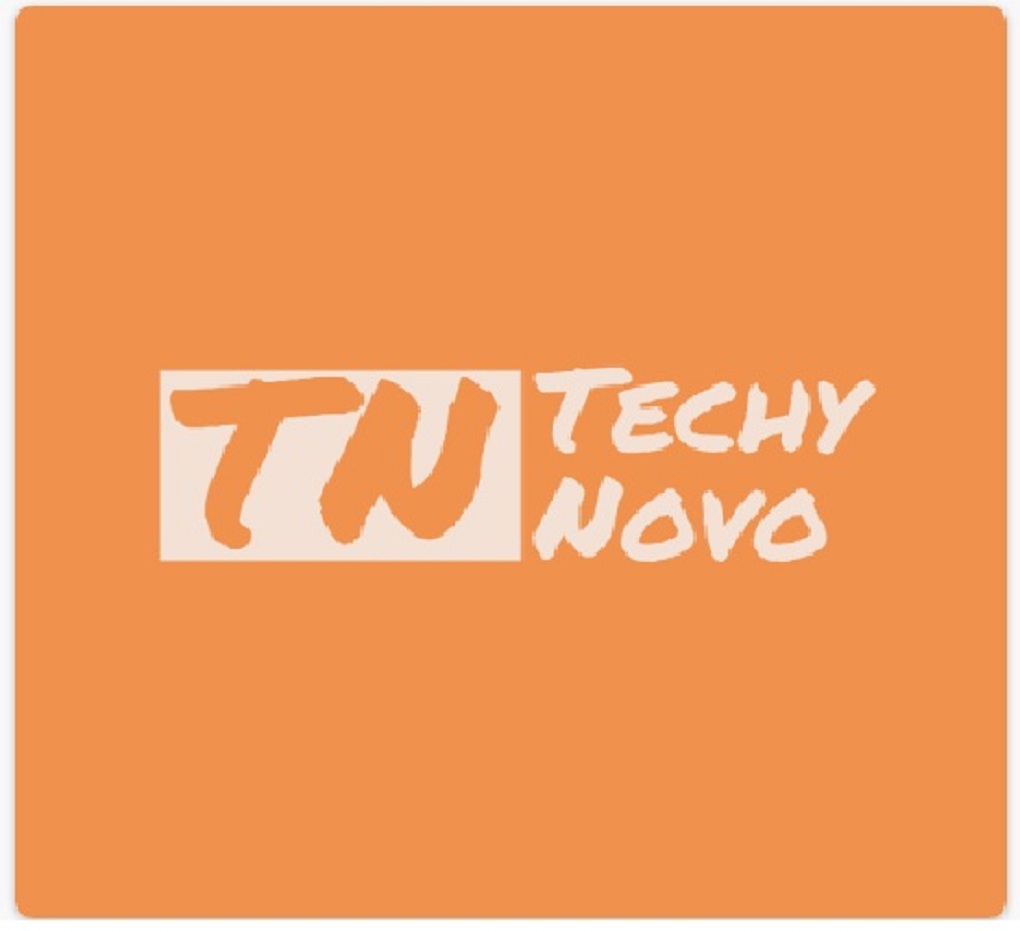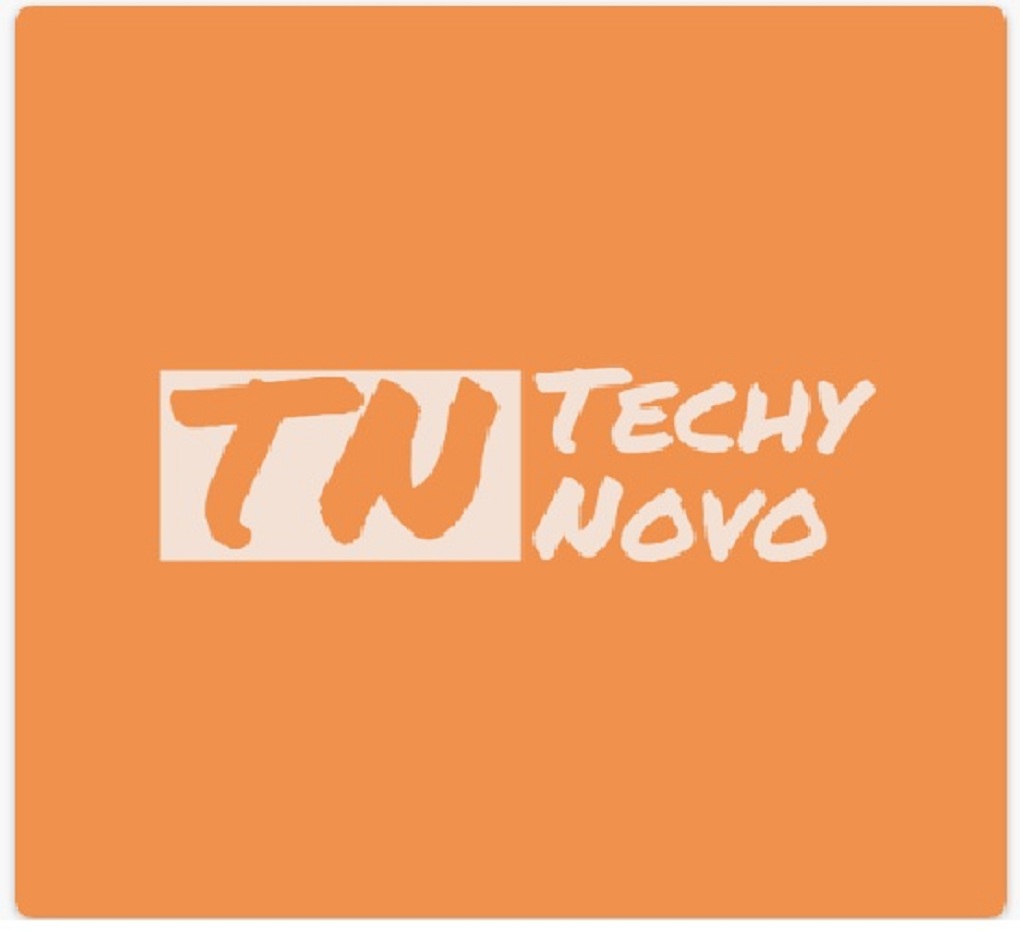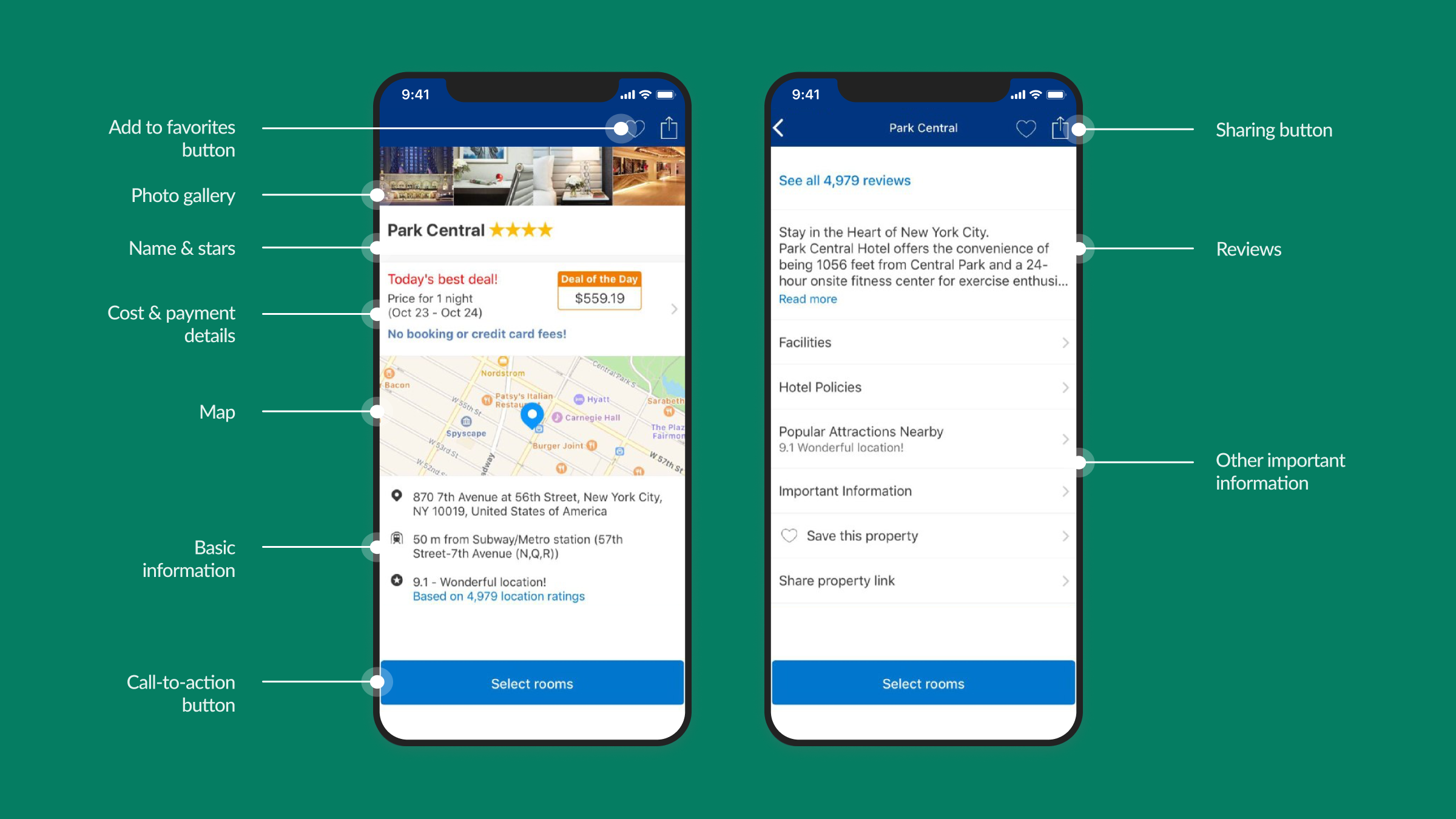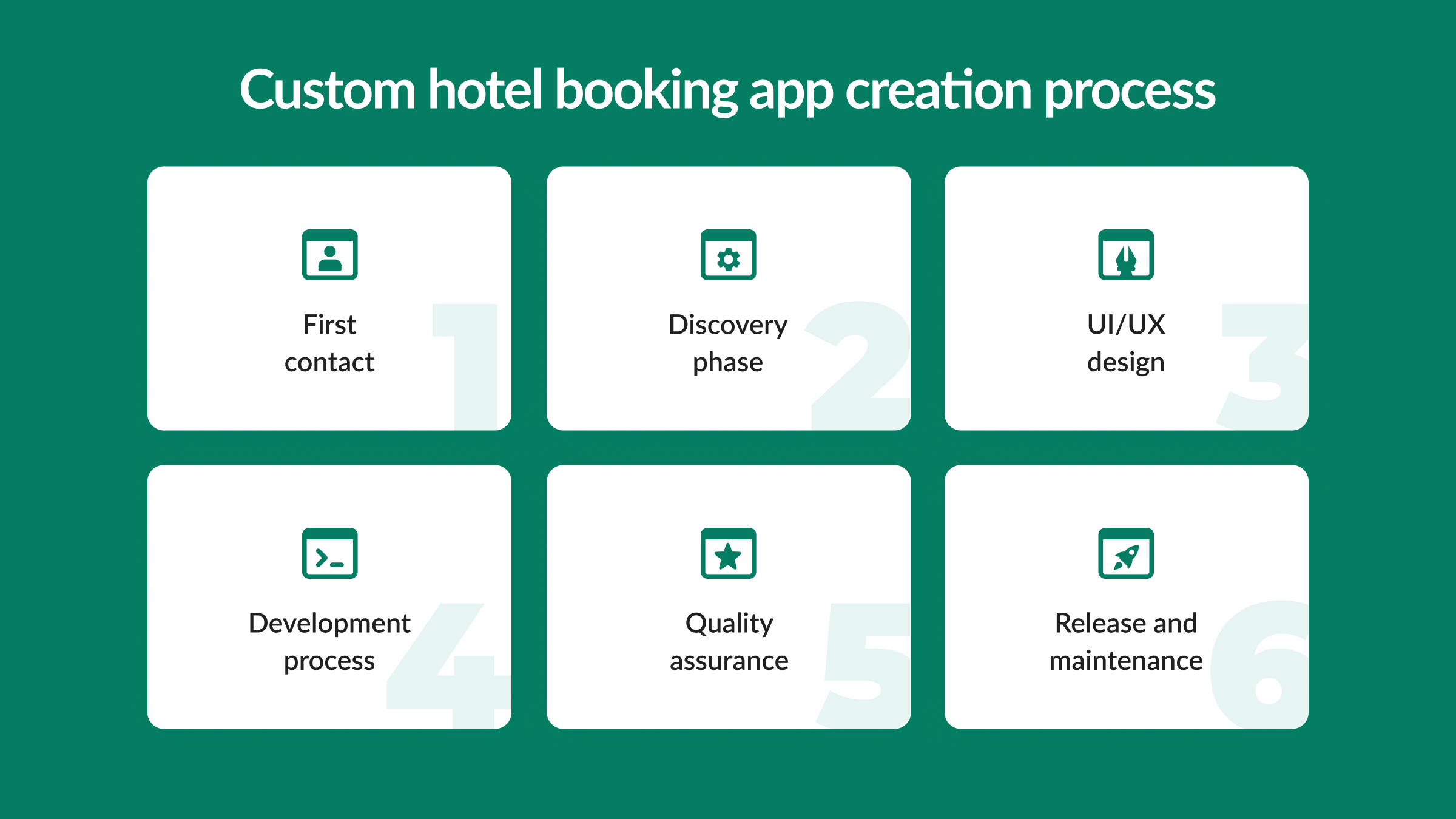Today, with the growth of well-known apps like Airbnb and Booking.com, e-travel has generated a lot of appeals and is showing great promise. Small and big businesses desire to "bite off a piece of the pie" and enter such a profitable area. So read this material if you want to learn more about building a hotel booking app: here, we will tell you about their types, monetization strategies, and primary features.
Internet Tourism Market Analysis
Let's begin with a brief study of the travel market. So, the industry is extending actively and is projected to gain $833.5 billion by 2025. Online travel is expected to develop even more. Let's look at some numbers:
- By 2025, the ratio of online bookings to regular bookings will be 72%
- Mobile app conversion rate exceeds mobile sites by 5x
- 70% of users choose routes, hotels, and other details of future trips using a smartphone
Based on these statistics, we can figure that hotel booking apps still have great prospects as the digitalization of tourism increases.
Something to Regard Before Start
It's essential to clear up some details about your project at the very beginning. Let's discuss them:
Determine future app type
There are three options you may pick from:
- Online Travel Agencies (OTA) lets users book any option: rooms, tickets, etc.
- Hotel aggregators. They deliver options to book accommodations like hotels, apartments, etc.
- Hotel chain apps. Suggest booking services at a specific hotel chain.
In this case, the decision depends on your business goals: an appropriate analysis will help you not to mistake.
Specify the region of distribution
It is also noteworthy to determine your target market. Then, you can launch a local app and gradually expand to achieve the global market. This will let you invest a smaller amount at the beginning and deploy the product faster.
Define app’s “killer features”
You should determine how your application can attract travelers to stand out from your competitors. Let's consider some options:
- The last moment booking. A relatively standard and profitable model used by Booking.com. This will allow travelers whose plans have changed at the last minute to book a place to stay.
- Cheap accommodation options. If you're targeting budget travelers, it's worth considering partnering with more affordable accommodation options like hostels.
- Short stay. A niche model that is ideal for those who need an overnight stay. Permits them to save the budget, so it is pretty popular.
You can develop any other feature that can help you gain popularity among a precise target audience or users in general. You can contact technical consultants: avendor with experience in creating tourism software will help you determine the best solution.
Integrate solution for receiving hotel data
The booking app needs hotel data to work correctly. Therefore, you must determine how you will receive information about accommodation conditions, availability, etc.
Many hotel aggregators enter agreements with partners and install special software to help track all the necessary parameters. To do this, various APIs are most often used. It sounds complicated enough, but a professional software vendor can help you select and implement these.
Think over an Admin panel
A quality control panel is a critical element of such an app. The admin panel's importance lies in authorizing you to track all the crucial data and operate listings.
Must-Have Features for a Hotel Booking App
The basis of every app is certain functions, without which it is meaningless. Therefore, to deploy the product faster, you can start by creating a Minimum Viable Product (MVP), gradually adding more advanced features.
So, to build MVP app, you require the following features:
Sign Up. Allows storing customers' data, so they do not have to enter it with each booking and save the housing they like to favorite. It also will enable algorithms to select information for each user individually and allow you to use all the marketing possibilities. Several options are usually provided for registration, such as logging in with an email, phone number, or social network.
Booking screen. The booking process is a crucial feature of your application. Therefore, the screen should be carefully thought out and not contain unnecessary visual elements while delivering to the user all the vital data about the placement.
Search engine. For a successful search, several options must be enabled:
- The user needs the ability to specify accessible rooms based on the direction and dates.
- You can add filters for additional parameters, such as the presence of animals or special conditions.
- The ability to explore available rooms on the map and a quick search for "near me" numbers will be a plus.
Accommodation details. The traveler needs to find out if the room meets all his requirements. For a successful app, you need to add to the placement details screen information like photos, geolocation, residence rules, cost, and others.
Let's regard an example of Booking.com.
Booking and payment. When the clients have already made a choice, they need the ability to easily and quickly book the room they like and pay for the accommodation. Add confirmation of personal data to the booking screen. It is also necessary to integrate a payment gateway into the application.
Cancellation policy. The app should give users details about the cancellation conditions in each placement to make them feel more secure. The ability to cancel a booking in case of force majeure will significantly increase audience loyalty.
Booking App's Extra Features
However, you should not stop at the basic functions to make your app grow and gain popularity. You can also add features to make your application stand out and attract users. You can do it in future versions after receiving the first feedback.
Housing price and affordability forecast
Demand for accommodations in a specific city may change under certain circumstances, such as holidays. By informing users about the upcoming bookings increase and the accompanying cost boost, you can encourage them to book a stay in advance. In addition to the apparent profit benefit, this will also show the client that you care.
Smart travel helper and in-app chat
An excellent feature would be adding a virtual assistant to your application to answer possible user questions. It is also possible to implement similar functionality using an internal messenger, in which the traveler can contact the manager of the selected hotel directly.
Many other technologies will perfectly complement your application. Discuss advanced features to implement with your software vendor..
Monetization Model for Booking App
Let's now figure out what monetization strategy can be chosen for this application.
- Service fee. You can demand a commission on each booking from the user or the hotel.
- Subscription. A paid subscription to give users access to premium features or special discounts is also a good idea.
- Advertising. You can charge a fee to hotels that want to always be at the top of the rankings for particular geolocation.
- Marketplace. You can also charge one-time or monthly payments for setting lodging on your platform.
These are just examples of possible monetization strategies, but you can utilize any different you know.
Hotel Booking App Building Cost
The expense of developing such an app can deviate significantly, relying on your chosen cooperation model. You can, for example, hire an in-house team or choose an offshore software provider. The second alternative is more profitable today, allowing you to get a whole group of professionals without wasting time searching. Also, the advantages of outsourcing include a reasonably lower price.
The cost of development depends on the hours spent on development. For a high-quality mobile hotel booking app and an admin panel, the time for frontend, mobile, and backend development will be about 1900 hours.
The final cost will depend on the hourly rate of the selected company. Therefore, it is worth paying attention to outsourcing in the countries of Northern Europe, which are considered the most diplomatic in terms of prices. The average hourly rate in the region is 50-60 dollars, which means the cost of development will be about 95,000 - 114,000. However, these values are approximate, you can get the exact estimate directly from the software provider.
Hotel Booking App Development Process
How is app development going?
Stage 1. First, when you find a software vendor you like, contact them. Then, after discussing future cooperation, you can move on to the next phase.
Stage 2. The discovery phase allows you to uncover all the details of the future project. Then, you form the final list of all requirements, and the designers prepare interface drafts for you.
Stage 3. UI / UX Design is a crucial product component, so it is given special attention. The design is worked out screen by screen to provide the perfect user experience.
Stage 4. The team starts development, which usually takes place in several sprints and includes coding and tests after each set.
Stage 5. Quality assurance occurs not only at each stage of development but also after the application is entirely ready to identify all possible bugs.
Stage 6. The finished application can be released to stores for the audience.
Stage 7. Once the application is launched, it continues to be maintained and updated to keep it thriving.
Summarizing
Totaling, the field of e-tourism is now up-and-coming and provides a wide area for ideas. Developing a hotel booking app is an excellent opportunity to build your startup if you are an entrepreneur or stand out from the competition if you are a hotel business owner, so take a closer look at these products.
Yuliya Melnik is a technical writer at Cleveroad.








.png)